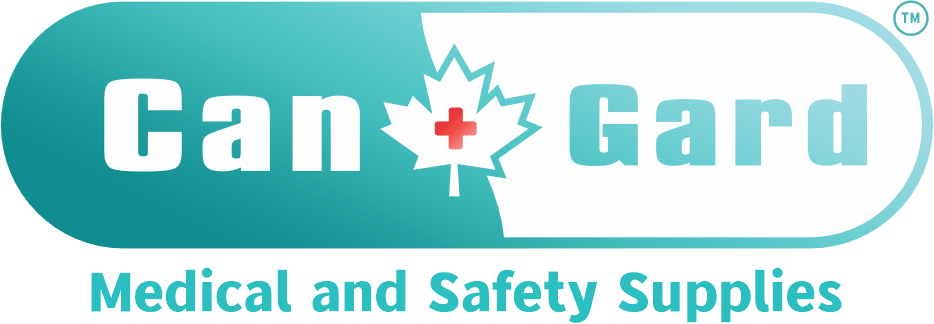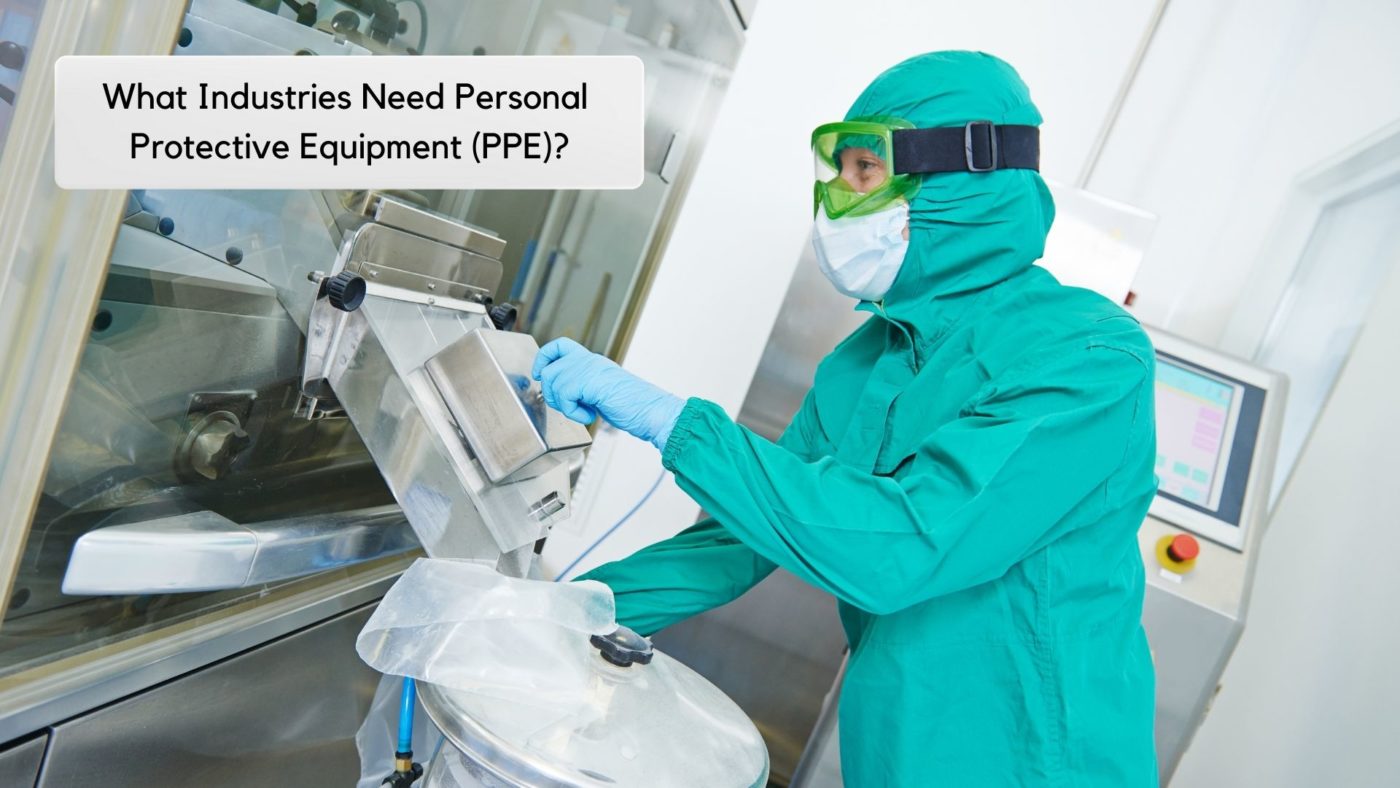First Aid/PPE
What Industries Need Personal Protective Equipment (PPE)?
Personal protective equipment (for short, PPE) has always been a vital part of any good workplace. Now more than ever, employers need to consider the sanitary necessities of their employees. This way, employees remain protected from the Covid-19 virus (as well as all the other dangers lurking in our world) and manage to do their jobs properly.
And while all industries must take the appropriate steps to protect themselves and their employees, some are more affected than others.
So what industries need personal protective equipment, and are you one of them?
For the sake of brevity, we will only be focusing on a few of the significant industries necessitating personal protective equipment.
Construction Industry
As one of the leading industries in the United States (as well as globally), the construction industry is in dire need of PPE. In this case, protective equipment for construction sites includes the infamous hard hat and safety vest but also refers to more.
To create a proper, safe working environment, construction sites require hearing protection (earmuffs or plugs to protect workers from noisy machinery), safety gloves (ideally insulated ones, to ensure safety even in electrically charged situations), and facial protection (resistant, anti-fog glasses, face shields, etc.).
Pharmaceutical Industry
Another highly lucrative and vital industry worldwide is the pharmaceutical one. As you might expect, this involves spending a hefty amount of time around dangerous substances in high-risk environments. This is why it’s crucial to provide adequate PPE for pharmaceutical manufacturers.
Like what? Well, for one thing, it’s not always easy to breathe in the pharmaceutical industry, so it’s important to provide respiratory PPE (respirators, respiratory systems, protective masks). Pharmaceutical manufacturers also require protective gear, both for their bodies and heads (coveralls, goggles, etc.).
Oil and Gas Industry
There’s no other way about it; the oil and gas industry is easily one of the most important on a global scale and quite a risky work environment. This is why PPE requirements for the oil and gas industry can be pretty strict.
Typically, workers in this field will need insulated clothing (to protect against inflammation), eyewear (goggles and safety glass), hearing protection (muffs and plugs), and protective footwear (safety shoes, work boots, etc.).
In some cases, oil and gas workers are also required to carry with them special monitors to detect unusually high levels of dangerous gases.
Food Industry
Because after all, none of the above industries would be able to exist, even without the food industry. As in the above sectors, workers in the food industry are required to wear personal protective equipment both for their safety and the consumer.
It’s common for food industry workers to wear hand protection (gloves resistant to chemicals, cuts, etc.), hair protection (hair nets), body protection (overalls, coverall suits, etc.).
In some cases, if they are potentially exposed to toxic fumes and such, workers may also be required to don respiratory gear (masks, respirators, etc.).
Of course, these are just a handful of the industries that require PPE, but hopefully, this has given you a better understanding of personal protective equipment requirements.

